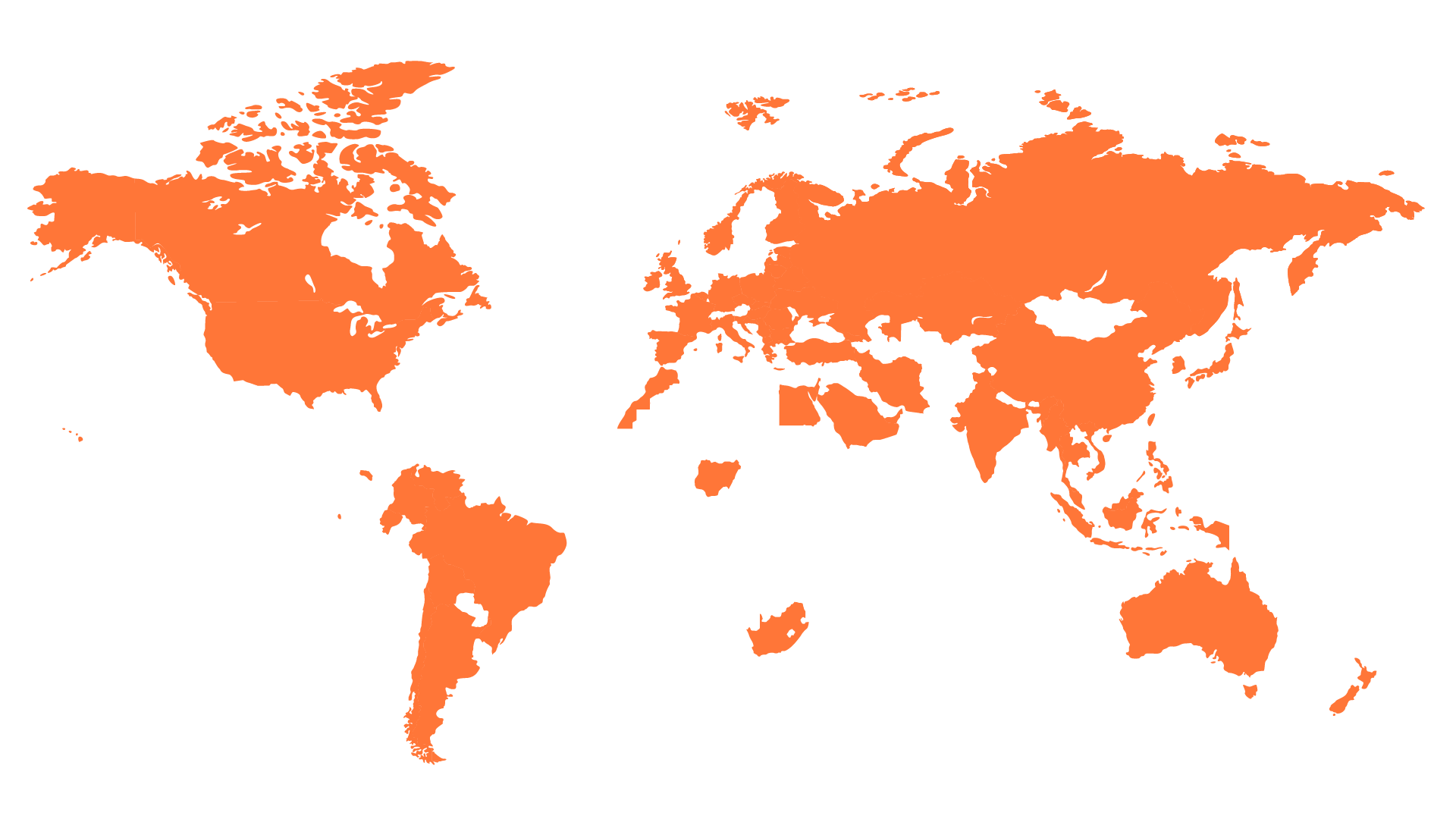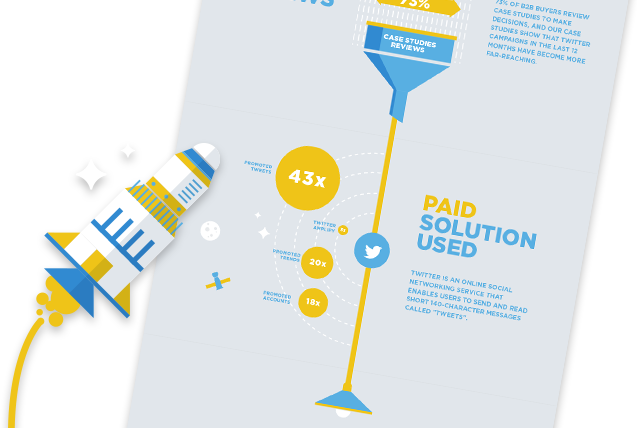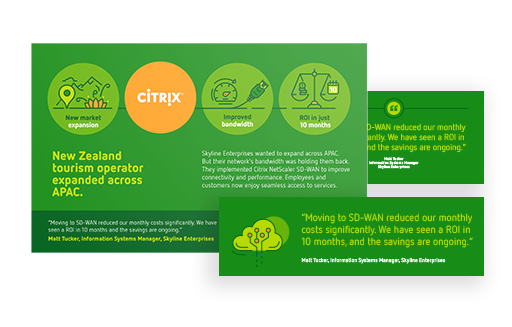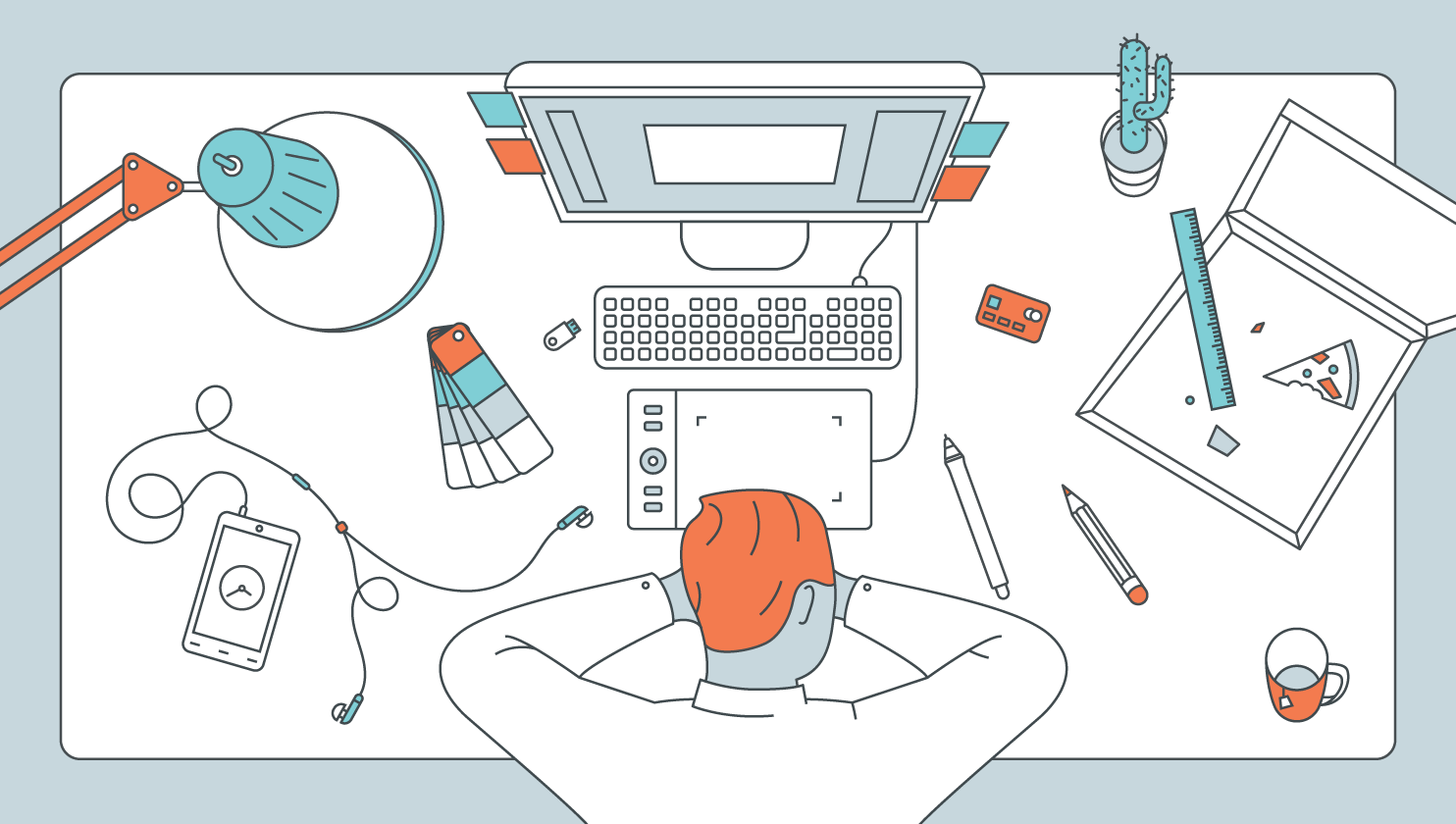
Remote working, working from home, work from anywhere, or virtual work... All of these are buzz words now as more companies and people shift from the traditional ‘9 to 5’ office setup to a more digital arrangement. People are increasingly in search of a different set of benefits, and it centers around flexibility— from work hours to places and even teams— especially since we have the technology to make it possible.
But despite all the information out there, questions still remain: How does one start working remotely, and what does it entail? Another common thread focuses on the specifics of carrying out daily tasks; like how to deal with distractions, or what tech tools to have. My aim for this post is to give advice on remote working from my years of experience.
Essential Tools for Working Remotely
To start working remotely, you need to invest in your tools. The basic tools you’ll typically need are a laptop (desktop is also fine but won’t make you very “mobile”), a headset, the right productivity and office programs or applications, and a good, stable internet connection. It might seem expensive as you’ll be purchasing these if you don’t have them yet, but it pays off instead of borrowing or using outdated and pirated programs and applications (not safe!). Also, your lifeline is the internet - so be sure to also have backup plans in case your home internet doesn’t work. I use my mobile hotspot as emergency backup connection, but I also have mapped the nearest coworking spaces and cafés with good internet as my go-to places.
The specifications of your laptop and the programs you’ll use will be dependent on what your work is, so be sure to do some research first and check in with your organization (if working in a virtual company) if there is an IT department for specs and tips. In Wings4U, I usually ask colleagues with similar roles on their laptop specifications and programs— and since we use Podio for project management, I also made sure to familiarize myself with it and to install the app in my phone.
One item that is usually overlooked is the headset. This is crucial as you’ll be communicating to both colleagues and clients via conference calls and your voice will be the first impression that they will have of you, if it isn’t a video call. I have gone through several headsets—from the expensive ones to the cheaper versions— and I settled for a model that is widely used in call centers here in the Philippines. It’s not expensive or even high-tech compared to the other brands, but it is dependable, easy to set up, compatible with both Mac and PC, has a great microphone for voice clarity, and doesn’t pinch my ears during long calls.
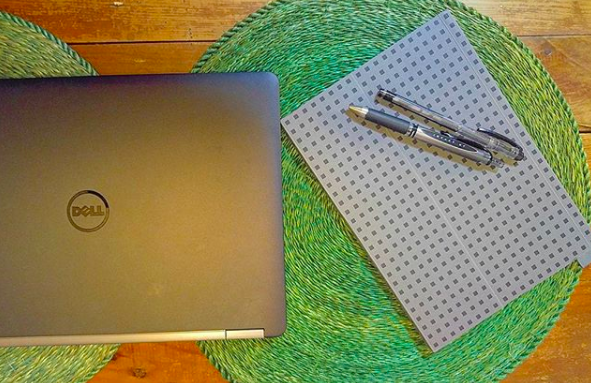
Is Your Data Secure?
I can’t emphasize this enough, but make sure your work and the data your clients give you are secure. If you move around a lot while working remote, like traveling to other places or even working in your local coffee shop or coworking space, there are security risks that you must consider. I’ve enabled BitLocker to encrypt my data so that in the horrendous event that my laptop goes missing, I won’t be compromising any of Wings4U or its clients’ data. This also goes for my phone, where I’ve set it up to erase all data if there are more than 3 wrong PIN attempts. I’ve also purchased a password manager to keep tabs on my passwords and also to be reminded to change them regularly, especially for email accounts. Be sure to also check your online security settings (firewall, anti-virus programs), and try not to use unsecured public WIFI as much as possible to make yourself less prone to hackers.
You can check online for tons of options on how to secure your tools depending on the level you require. I also subscribe to blogs and newsletters to be updated on IT news and events, especially if these concern security breaches, new updates on tech tools and programs, and reviews. Since my work is online and I am dependent on my laptop and its programs to work, I need to be sure I am well-informed of anything that could have an impact on my tools.

Creating a Space that Works as Hard as You
I know there are a lot of articles and posts on creating your own home office. What I’ve realized is that primarily you need to figure out what your work style and habits are, and your productivity boosters and the things that slow you down.
I am not an early morning person. I prefer to have a full 8 hours of sleep, otherwise my brain goes to mush and I am not productive at all. And while I can literally work anywhere (I have worked inside a car while dripping wet from a surf session; I have worked also in a construction site; and I have also worked in bed while lying down because of a bad case of allergies— all of these are not advisable though), I know that I need a table and a chair that isn’t in my bedroom. This helps me keep my personal hours and work hours separate, as remote working tends to blur the lines between the two. And speaking of time, I also realized that having a wall clock where I work is important, so I can keep track of the time. That’s really all I need. My add-ons would be my turntable and record collection, so I have music to listen to while working. Spotify works too, but I prefer my analogue setup.
What is crucial is that you need to know what makes you productive. Do you like working on a bean bag or with a standing desk? Or maybe you can’t stand being alone for the whole day and need at least the semblance of other people. Do you prefer working in the early morning or late into the night? These are some of the questions you should ask yourself. You’ll have to know how you work and how you respond to external factors to be able to construct your work space accordingly.
If you think that it’s too much of an effort to do this, or maybe you don’t have the physical space to turn into a home office, you can also opt to join a coworking facility. With monthly, daily, and even hourly rates you can decide on the utilities, features, and location that works for you. Or you could also check out coffee shops, the library, or other public spaces available to you that fit your requirements.
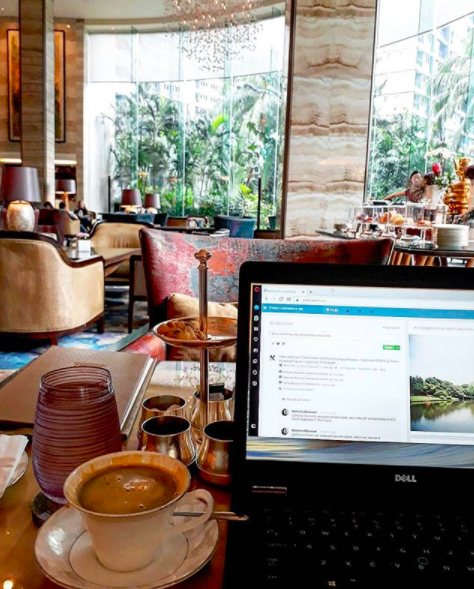
Do Not Disturb: How to Deal with Distractions
Distractions are sneaky. They can be in the form of social media notifications telling you about the latest news from your friends or family, or maybe while researching online you ended up checking out sites unrelated to your task. Or a personal (non)favorite: the delivery guy arrives with your package just before you jump on a conference call. It could also be house chores if you’re working from home, like deciding to do the laundry midmorning, or it could be other people: pings from Skype messages and other communication apps, or even the noisy group behind you at the cafe.
What I usually do is to try to minimize the distractions I can control, like turning off notifications (both pop-ups and sound) for social media on my laptop and phone, instructing delivery men to leave the mail and packages with my condominium reception so I could get them during breaks, and letting only key notifications “disturb” me when I work, such as relevant work emails. For those I cannot control, I try instead to minimize; like bringing my headset when I’m not at home, checking out the least noisiest places outside to work in, etc.
I also make sure that I incorporate breaks into my work day for checking social media and all other non-work-related messages (that aren’t emergencies), for doing house work, and reading books or online articles.

Remote Work: Facing Yourself
If there is one important thing that you should do while working remotely, it would be to regularly assess yourself. Knowing your work style and habits, as well as all other aspects of yourself such as strengths and weaknesses, can guide you to creating your own ideal remote work experience. While you are free to do as you like, you will have to dig deep and understand yourself to get the most out of remote working and develop professionally while you’re at it.
I realized a lot of things about myself, such as my work style and motivations, through remote working. I also discovered new skills that I could work on for career development, and forged relationships with people around the world. And despite all the flexibility, I’ve even become more disciplined and managed my time better, so that I can perform at my best.
But it all boils down to you: Your preferences, your responsibilities, your style, and your character. Remote working is to face yourself and be responsible, accountable, open, determined, and humble to improve.

I hope that this article helps you learn more about remote working, and that my tips help you! Drop a comment below if you have questions, or to keep the discussion flowing.

